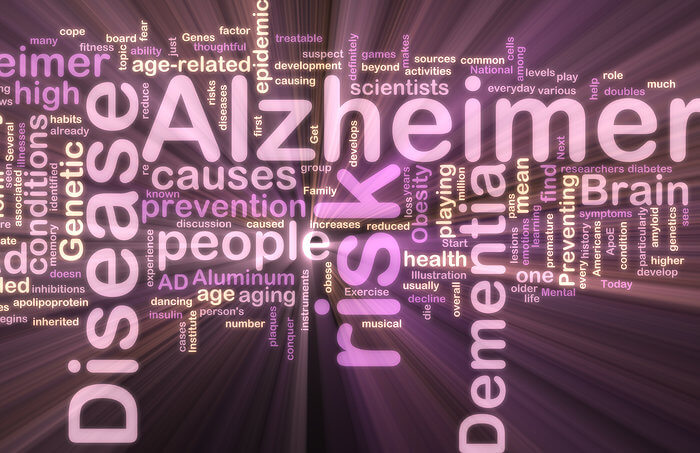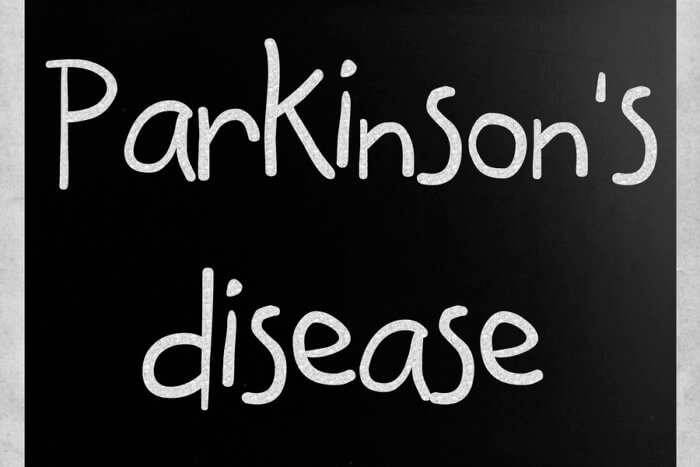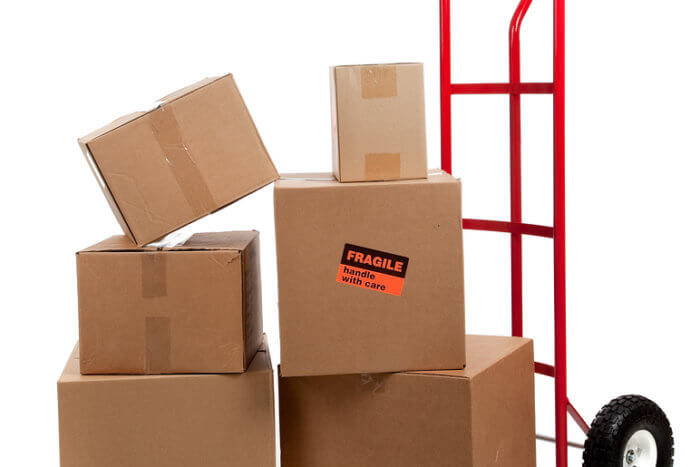Elder care signs for seniors needing assistance

Four Signs That an Elderly Person Can’t Live Alone
Our parents and grandparents cared for us as children, and it’s natural to want to return the favor as our loved one’s age. However, being responsible for the well-being of an older family member can be challenging for both parties.
A parent, grandparent, or spouse may desire independence, even when it may not be safe or practical for them to live alone anymore. Depending on their needs, placing them in a long-term care assisted living facility may be the optimal next step.
If you’ve been searching “nursing home near me,” the chances are that your loved one is showing signs of needing extra support. However, a “nursing home” is probably not where you need to start unless they need 24-hour skilled nursing care. Instead, most people start with assisted living communities, which generally provide several progressive levels of care as residents’ conditions diminish with age and/or dementia.
Below, our team at MD Senior Living, an assisted living facility in Scottsdale, AZ, walks you through four primary considerations when you’re thinking about relocating your family member to a senior care community.
Signs Your Loved One Needs Extra Support
As you begin this journey, know that different levels of care are available depending on your loved one’s needs. Assisted living facilities allow residents as much independence as possible while providing support for activities of daily living (ADLs). Specialized memory care and skilled nursing care communities are for those with more advanced needs.
Most high-quality assisted living facilities provide residents with suites or apartments, dining services, a schedule of daily activities for socialization, and any assistance they need for their ADLs, as well as housekeeping and laundry services. Residents can usually avail themselves of the facility’s transportation to medical appointments and outings.
Transitioning into an assisted living facility can improve your loved one’s health and happiness, especially if they have been isolated or not feeding themselves properly. If you suspect your loved one requires full-time care, consider the following warning signs to help guide your decision.
Your Loved One Experiences Frequent Falls
A common reason for assisted living admission is frequent injury. If your family member has experienced repeated falls or injuries, they might require extra support for their safety. In assisted living, they will have ways to signal for help as well as frequent checks by staff, which will keep an eye on them and make a note of any pain or loss of movement.
Your Loved One Is Losing Weight
If your loved one appears to be losing weight, they could be lacking proper nutrition. Skipping meals, loss of appetite and rapid weight loss can be a sign of cognitive impairment.
Older people living with dementia or Alzheimer’s may forget to eat or forget how to prepare meals. This can harm their physical health.
Your Loved One Is Neglecting Their Hygiene
For people with memory loss or declining physical abilities, remembering to perform household chores as well as personal hygiene tasks like showering, brushing one’s teeth and hair, and getting dressed becomes an issue. If you notice diminishing hygiene, odors from dirty clothing or lack of personal cleansing, or an unkept house, your elderly family member may need full-time support.
Your Loved One Is Showing Signs of Mental Decline
Usually, your loved one’s need for assistance becomes more apparent when they present signs of mental decline. Cognitive decline often causes confusion, repetition of questions or statements multiple times, disorientation, and emotional upset. Your loved one may need full-time support if they exhibit any of the following behaviors:
- They have difficulty answering simple questions about themselves or their daily life
- They repeat the same things over and over or speak in sentences that don’t make logical sense
- They neglect their nutrition, personal hygiene, and the cleanliness of their home
Assisted Living Near Me: Choose MD Senior Living
If you’ve been searching “assisted living near me” to find the ideal assisted living facility for your loved one, look no further. MD Senior Living provides high-quality, person-focused care in our assisted living facilities in Scottsdale, AZ, home to many alluring attractions such as the Museum of the West or the Desert Botanical Garden.
We understand why seniors should maintain an active social life and value our residents’ happiness. To learn more about our assisted living facilities, call us at (480) 605-4002.






Leave a Comment